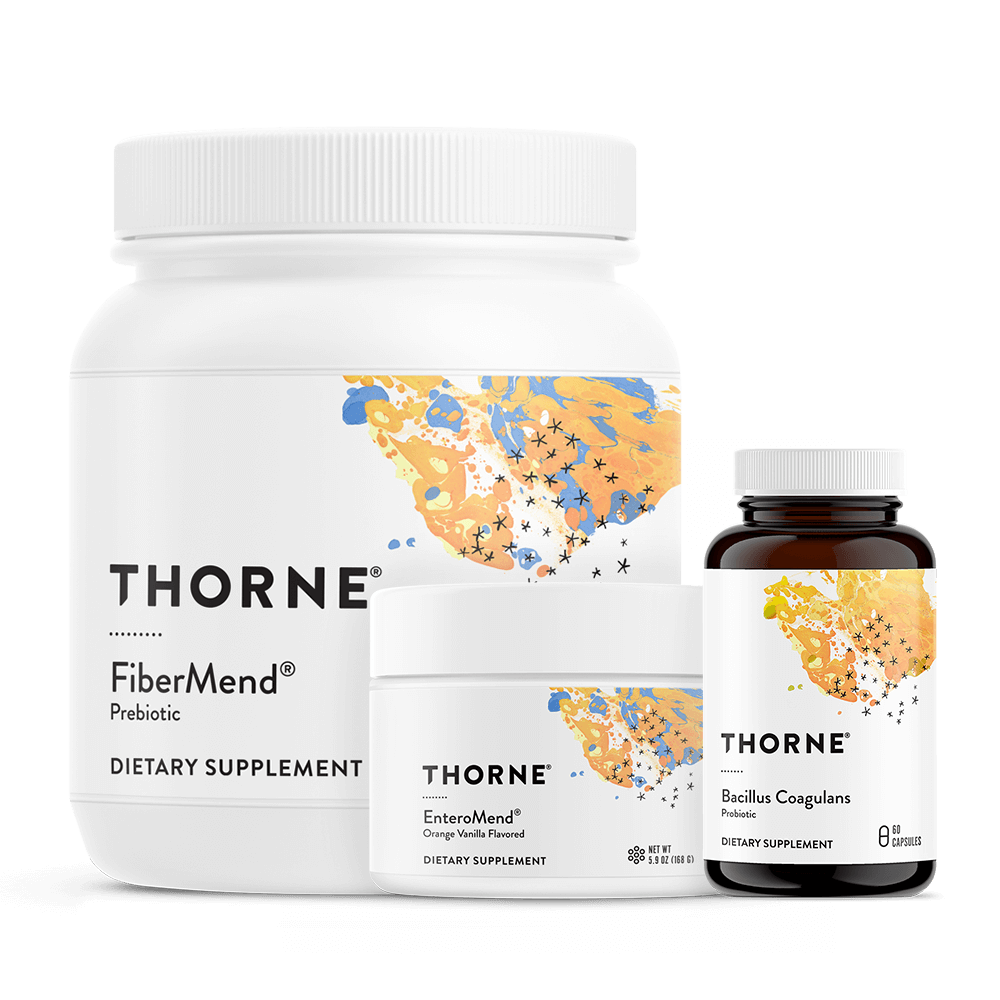Why a Gut Health Supplement Should Be Part of Your Daily Routine
Why a Gut Health Supplement Should Be Part of Your Daily Routine
Blog Article
Discover the Key to Food Digestion and Resistance With Gut Health And Wellness Assistance

Comprehending Gut Health And Wellness
Comprehending gut health and wellness is essential for total health, as it plays a significant duty in digestion, immunity, and even psychological health and wellness. The intestine, comprising the gastrointestinal tract, is in charge of damaging down food, absorbing nutrients, and getting rid of waste. A well balanced gut atmosphere guarantees efficient digestion, permitting the body to use nutrients successfully.
Moreover, digestive tract health significantly affects the immune system. The digestive tract houses a considerable portion of the body's immune cells, and a healthy and balanced intestine can assist fend off virus and lower inflammation. Disruptions in digestive tract wellness can bring about an over active immune reaction, possibly adding to autoimmune problems and allergic reactions.
Furthermore, the intestine is often referred to as the "2nd brain" due to the gut-brain axis, an intricate communication network linking the brain and the intestine. This connection influences state of mind, cognition, and emotional wellness. Problems such as dysbiosis, characterized by an inequality in gut germs, have been connected with mental health problems, consisting of anxiety and clinical depression.
The Intestine Microbiome Explained

The digestive tract microbiome, a diverse neighborhood of microorganisms residing in the gastrointestinal system, plays a critical duty in preserving digestive system health and wellness and general health. Consisting of trillions of bacteria, viruses, fungis, and various other microorganisms, this complex ecosystem help in the food digestion of food, the synthesis of crucial nutrients, and the policy of metabolic procedures.
Each person's gut microbiome is special, affected by factors such as diet plan, way of living, genetics, and environmental direct exposures. A well balanced microbiome supports optimum digestion by damaging down facility carbs, producing short-chain fatty acids, and helping with the absorption of nutrients. Alternatively, a discrepancy, typically described as dysbiosis, can result in gastrointestinal problems, consisting of cranky digestive tract syndrome (IBS) and inflammatory digestive tract condition (IBD)
Study has actually shown that a diverse microbiome is connected with better wellness outcomes, underscoring the relevance of nutritional selections in nurturing these bacteria. Foods rich in fiber, probiotics, and prebiotics, such as fruits, vegetables, and fermented products, can promote a healthy microbiome. Recognizing the intestine microbiome is crucial for establishing targeted interventions intended at enhancing digestive health and wellness and preventing gastrointestinal conditions.

Link Between Digestion and Immunity
A durable connection exists in between food digestion and immunity, highlighting the vital function of the intestine in keeping overall wellness. The intestinal system is home to trillions of bacteria that develop the intestine microbiome, which substantially influences both immune feedbacks and digestive system procedures. This complicated ecological check it out community aids in breaking down food, absorbing nutrients, and giving crucial metabolites that sustain immune function.
When digestion is efficient, the gut obstacle remains undamaged, avoiding dangerous microorganisms from getting in the bloodstream. About 70% of the immune system lives in the gut-associated lymphoid tissue (GALT), which communicates carefully with the digestive tract microbiome.
Tips for Supporting Digestive Tract Health And Wellness
Sustaining digestive tract wellness is crucial for preserving both digestive performance and a well-functioning body immune system. To promote ideal gut health and wellness, think about integrating numerous useful strategies into your everyday regimen.
First, prioritize hydration. Consuming alcohol adequate water sustains digestion and aids maintain the mucosal lining of the intestines. In addition, regular physical activity can improve digestive tract mobility and promote a varied microbiome.
Mindful eating methods are also essential. Eating food completely and consuming slowly can help digestion and protect against overeating, which might emphasize the gut. Additionally, taking care of stress and anxiety through methods such as reflection, yoga exercise, or deep-breathing exercises can weblink favorably influence intestine wellness, as tension is known to interfere with digestive processes.
Including prebiotics and probiotics right into your routine is another reliable strategy. While specific foods will be talked about later, understanding the significance of these parts is crucial. Prebiotics serve as food for helpful intestine germs, while probiotics present live helpful microorganisms.
Lastly, prevent too much use of anti-biotics, as they can interfere with the equilibrium of gut plants. By complying with these pointers, you can significantly contribute to the maintenance of a healthy intestine, which is essential for overall health and vitality.
Foods That Promote Gut Health

Fermented foods, such as yogurt, kefir, kimchi, and sauerkraut, are abundant in probiotics, which are advantageous germs that sustain digestive tract plants and boost food digestion. These foods can help recover equilibrium in the intestine, particularly after antibiotic use or digestive disruptions.
Along with fermented choices, prebiotic foods, such as garlic, onions, asparagus, and bananas, act as nourishment for these probiotics, promoting their growth and task. These soluble fibers support digestive tract motility and can minimize issues like bowel irregularity.
Furthermore, including high-fiber foods, including entire grains, vegetables, fruits, and site here vegetables, is crucial for keeping a healthy intestine. Fiber help in normal bowel movements and aids protect against digestive system conditions.
Finally, omega-3 fatty acids found in fatty fish, flaxseeds, and walnuts have anti-inflammatory residential properties that can further sustain digestive tract wellness. Stressing these foods in your diet can result in a robust digestive system and enhanced immune feature.
Final Thought
In conclusion, prioritizing digestive tract health and wellness is vital for maximizing food digestion and improving resistance. A balanced intestine microbiome, affected by dietary selections and way of living elements, plays an essential role in nutrient absorption and inflammation decrease.
Recognizing intestine health is crucial for general well-being, as it plays a considerable role in digestion, resistance, and even psychological wellness. The intestine houses a considerable part of the body's immune cells, and a healthy and balanced digestive tract can help fend off microorganisms and lower inflammation.In addition, the intestine is typically referred to as the "second mind" due to the gut-brain axis, a complicated communication network connecting the mind and the intestine.A robust connection exists between food digestion and immunity, highlighting the critical duty of the digestive tract in preserving total health and wellness.In verdict, focusing on gut wellness is important for maximizing food digestion and improving resistance.
Report this page